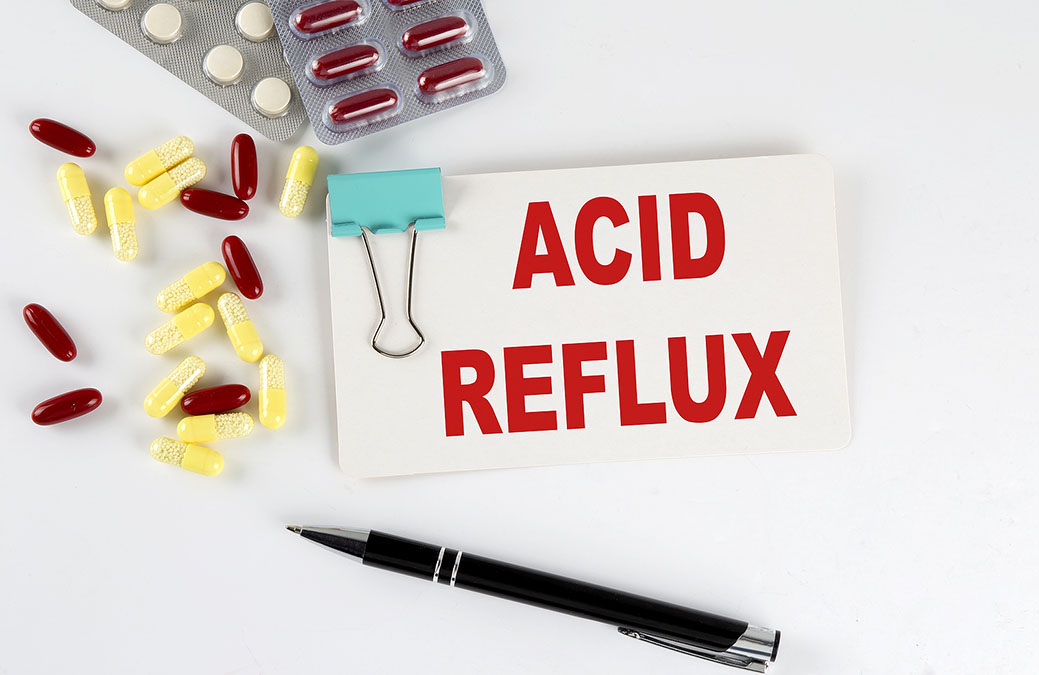 Acid reflux has been linked to several types of cancer. Fortunately, they’re usually milder, more easily treatable types of cancers.
Acid reflux has been linked to several types of cancer. Fortunately, they’re usually milder, more easily treatable types of cancers.
However, a study in the latest edition of Cancer Medicine reveals a terrifying link between acid reflux and the most lethal cancer on Earth.
It’s not a minor link, either. Those suffering from acid reflux are almost 50% more likely to develop this killer cancer.
Gastroesophageal reflux disease (GERD) has often been linked with lung diseases such as asthma and chronic obstructive pulmonary disease. An increasing number of studies have also linked it with lung cancer.
Lung cancer is responsible for more deaths than any other form of cancer, and it is the second most commonly diagnosed form of cancer.
The studies that reported the link between GERD and lung cancer could not establish whether acid reflux caused lung cancer. They were only able to conclude that the two were somehow related.
Think about it this way. If a researcher identifies people with acid reflux who also have lung cancer, they cannot just conclude that the former causes the latter.
After all, they might be unable to rule out other conditions as a cause of lung cancer and may then incorrectly conclude that acid reflux causes it. They know to rule out people who smoke, but what else should they rule out?
To fill this gap in the research, the scientists decided to use a research method called Mendelian randomization. This is a type of study in which researchers use genes related to the two conditions to see whether one causes the other.
They used a sample of 129,080 GERD patients to identify genes that are common in people with this type of acid reflux.
They then used genome-wide association studies to examine outcomes for lung cancer in 11,348 patients.
The results were very conclusive.
They did three different statistical analyses of the data and found that all three yielded conclusive results.
GERD increases the risk of lung cancer by up to 48%.
If it is true that there is a genetic link between acid reflux and lung cancer, with the genes for acid reflux making it more likely that someone will develop lung cancer, then it becomes extremely important to do something about acid reflux.
It is important to remember that you won’t necessarily get acid reflux if you have the acid reflux genes. The genes make it more likely that you will have it, but your lifestyle can prevent it from ever occurring.
Even with the genes for acid reflux, you can reduce your risk of lung cancer by stopping or preventing acid reflux.

 Overcoming IBD
Overcoming IBD Multiple Sclerosis
Multiple Sclerosis Banishing Bronchitis
Banishing Bronchitis Gum Disease Gone
Gum Disease Gone Overcoming Onychomycosis
Overcoming Onychomycosis Neuropathy No More
Neuropathy No More The Prostate Protocol
The Prostate Protocol Brain Booster
Brain Booster
 Ironbound
Ironbound
 Solution for Shingles
Solution for Shingles
 The Bone Density Solution
The Bone Density Solution
 The Ultimate Healing Protocol
The Ultimate Healing Protocol
 The Parkinson's Protocol
The Parkinson's Protocol
 The Chronic Kidney Disease Solution
The Chronic Kidney Disease Solution
 Overthrowing Anxiety
Overthrowing Anxiety The Fatty Liver Solution
The Fatty Liver Solution The Hypothyroidism Solution
The Hypothyroidism Solution
 The End of Gout
The End of Gout The Blood Pressure Program
The Blood Pressure Program
 The Oxigized Cholesterol Strategy
The Oxigized Cholesterol Strategy
 Stop Snoring And Sleep Apnea Program
Stop Snoring And Sleep Apnea Program
 The Arthritis Strategy
The Arthritis Strategy The Vertigo & Dizziness Program
The Vertigo & Dizziness Program The 3-Step Diabetes Strategy
The 3-Step Diabetes Strategy Hemorrhoids Healing Protocol
Hemorrhoids Healing Protocol The Erectile Dysfunction Master
The Erectile Dysfunction Master Weight Loss Breeze
Weight Loss Breeze The IBS Program
The IBS Program The Insomnia Program
The Insomnia Program The Migraine and Headache Program
The Migraine and Headache Program The Neck Pain Solution
The Neck Pain Solution The Menopause Solution
The Menopause Solution The Ejaculation Master
The Ejaculation Master The TMJ Solution
The TMJ Solution The Acid Reflux Solution
The Acid Reflux Solution The Fibromyalgia Solution
The Fibromyalgia Solution The Psoriasis Strategy
The Psoriasis Strategy